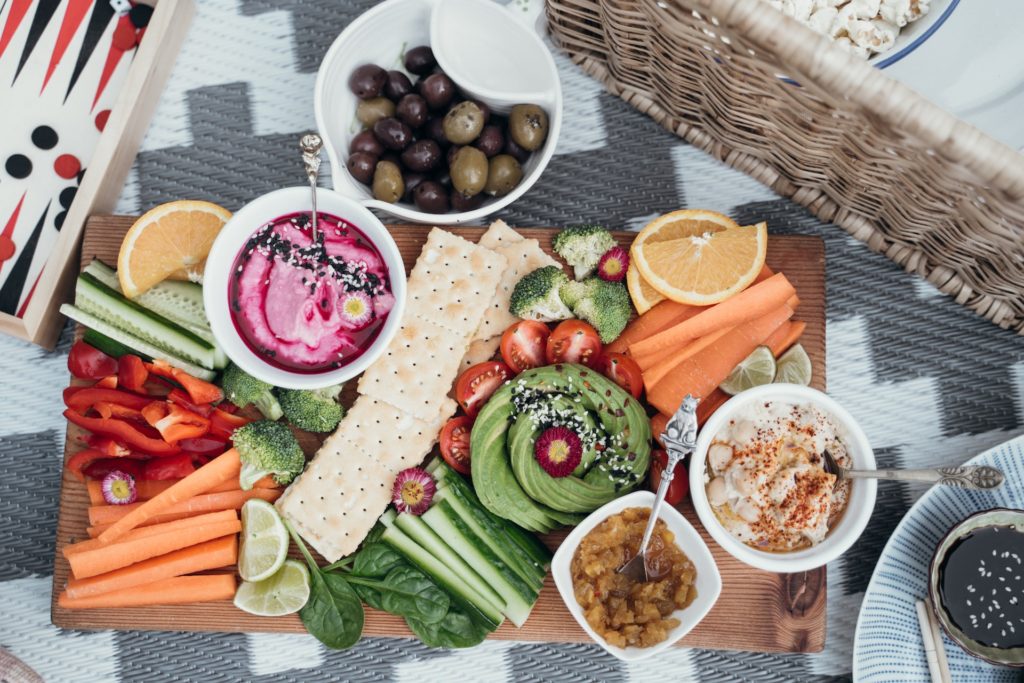
What is on the menu for a vegan diet?
On a vegan or plant-based diet the following are great :
- Proteins : tofu, seitan, tempeh, edamame, and several plant-base protein powders from peas, soy, and hemp
- Carbs : Breads, rice, pasta, potatoes (all the goodies!)
- All fruits and vegetables (going organic is an added bonus)
- Legumes : Peas, beans, lentils, and chick-peas
- Healthy fats : Nuts, seeds, chia seeds, coconut, flaxseeds, and vegetable oils
- Alt Dairy : Soy milk, coconut milk, rice milk, nut milk, cashew butter
Do I need to supplement my diet?
A vegan diet is generally considered healthy, but it can result in a deficiency of certain essential nutrients like protein, calcium, omega-3 fatty acids, zinc, vitamin B12, and vitamin D. These nutrients play crucial roles in the functioning of the body. For instance, protein is necessary for fueling chemical reactions, calcium helps maintain strong bones and teeth, and omega-3 fatty acids keep cells healthy and protect against heart disease and stroke.
To ensure optimal health, it is imperative to seek the guidance of a registered dietician or nutritionist for personalized supplement recommendations. Maintaining a balanced and nutritious vegan diet can be challenging as it can result in deficiencies of certain essential nutrients, particularly Vitamin B12, Vitamin D, and Iodine. To prevent these deficiencies and support overall health, supplementing with these nutrients may be necessary. However, the specific requirements for each individual may vary based on factors such as age, sex, and activity level, making it crucial to consult with a registered dietician or nutritionist for personalized recommendations. They can assess your dietary intake and make recommendations for the right amount and type of supplements to ensure optimal health and prevent any adverse effects. Thus, taking the time to meet with a professional can greatly benefit your health and wellbeing as a vegan.
- Vitamin B12, crucial for the production of red blood cells and DNA, cannot be obtained solely from plant-based sources. It is only found in animal products, thus, those following a vegan diet may require a supplement to compensate for the lack of B12 in their diet.
- Vitamin D can be difficult to obtain, but there are many fortified vegan choices in plant-based milks, fortified foods, some mushrooms, and of course vitamin based supplements. (be careful when seeking out supplements as some of them have animal products in the extra ingredients)
- Iodine is a mineral that is very important for proper thyroid function, but can be found directly from seaweed, such as kelp, nori, or dulse, as well as iodized salt, fortified foods, or vitamin supplements.
